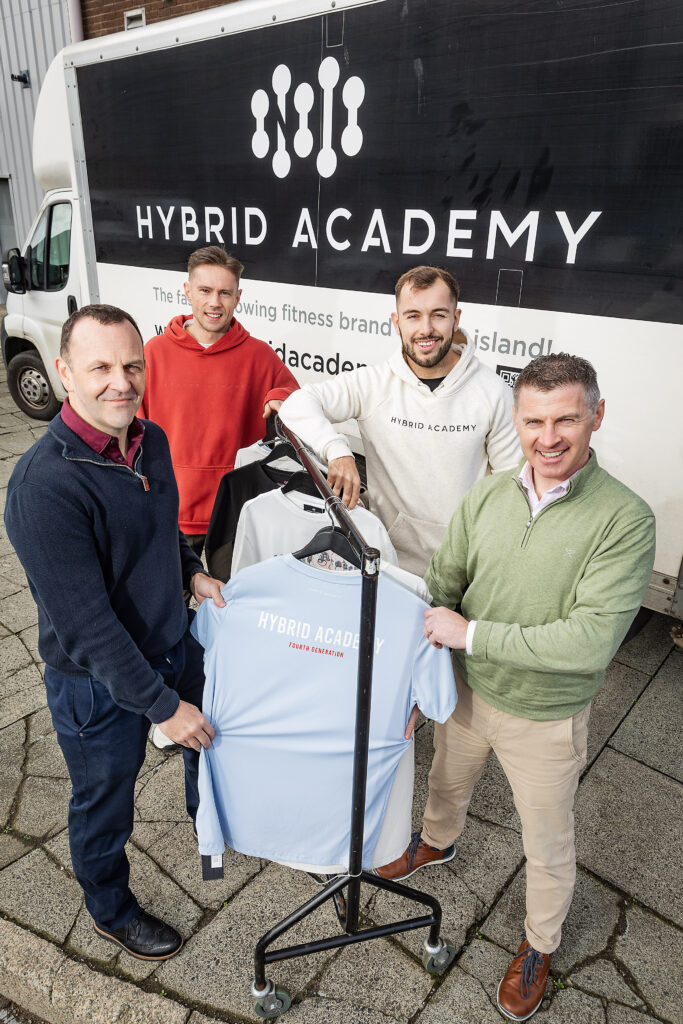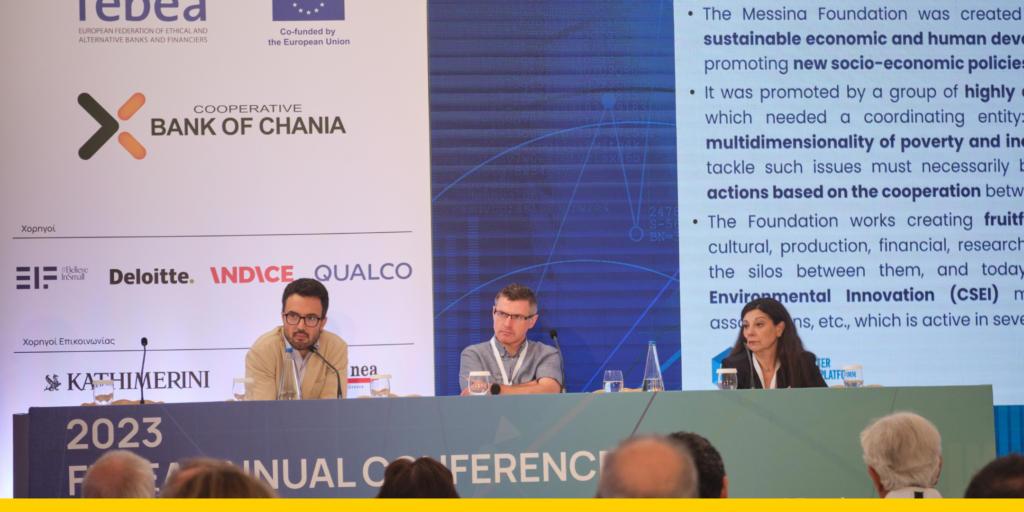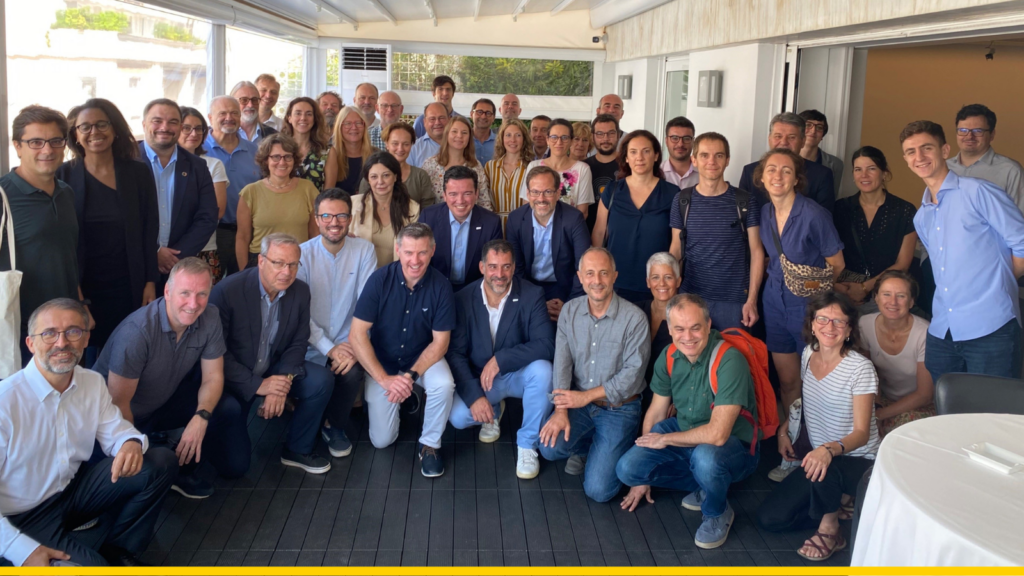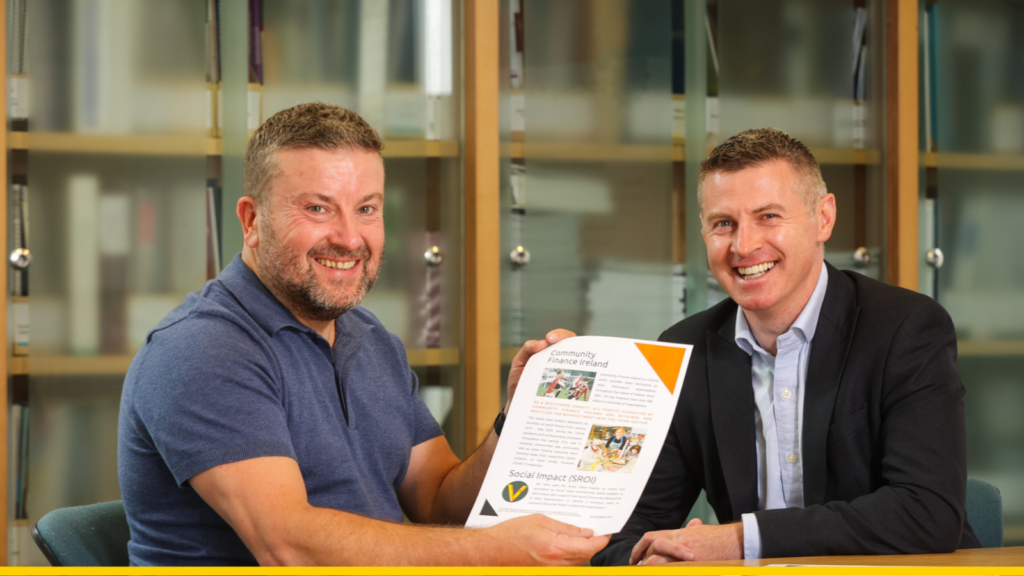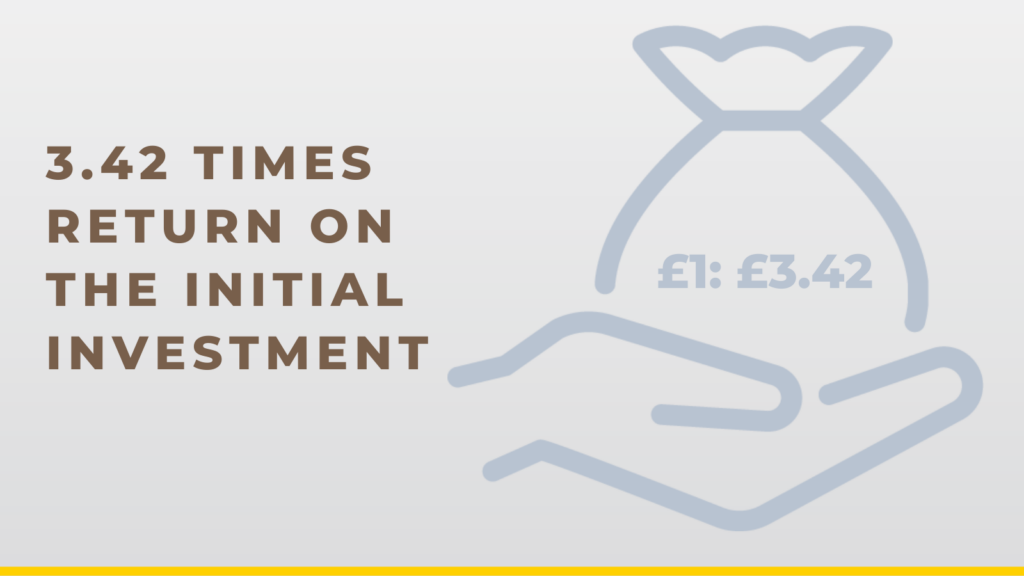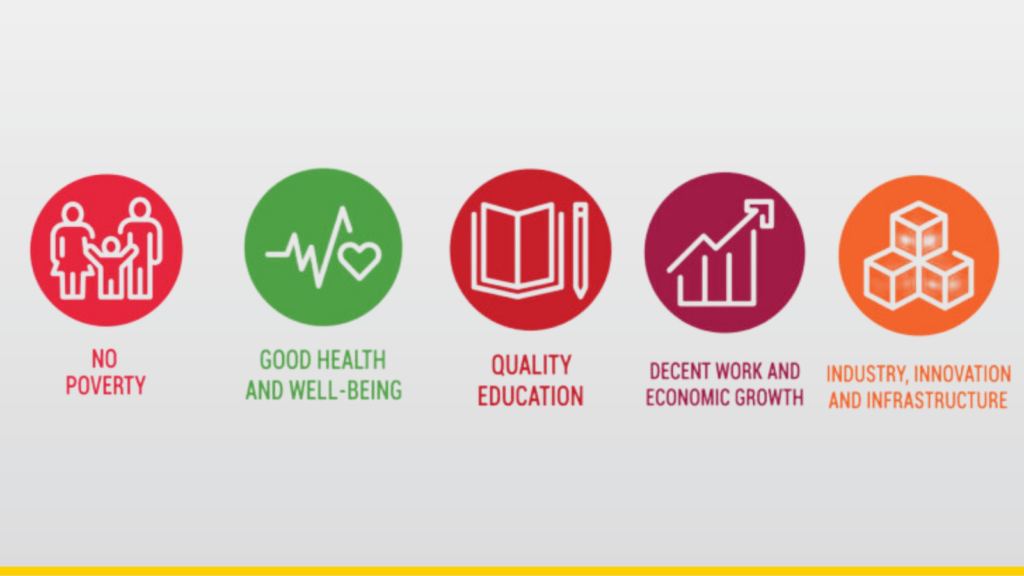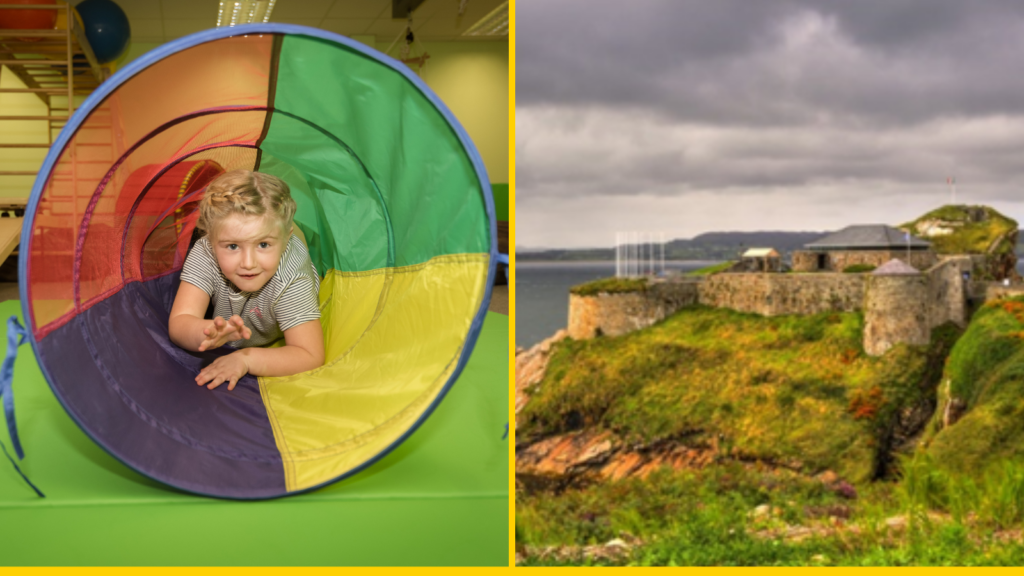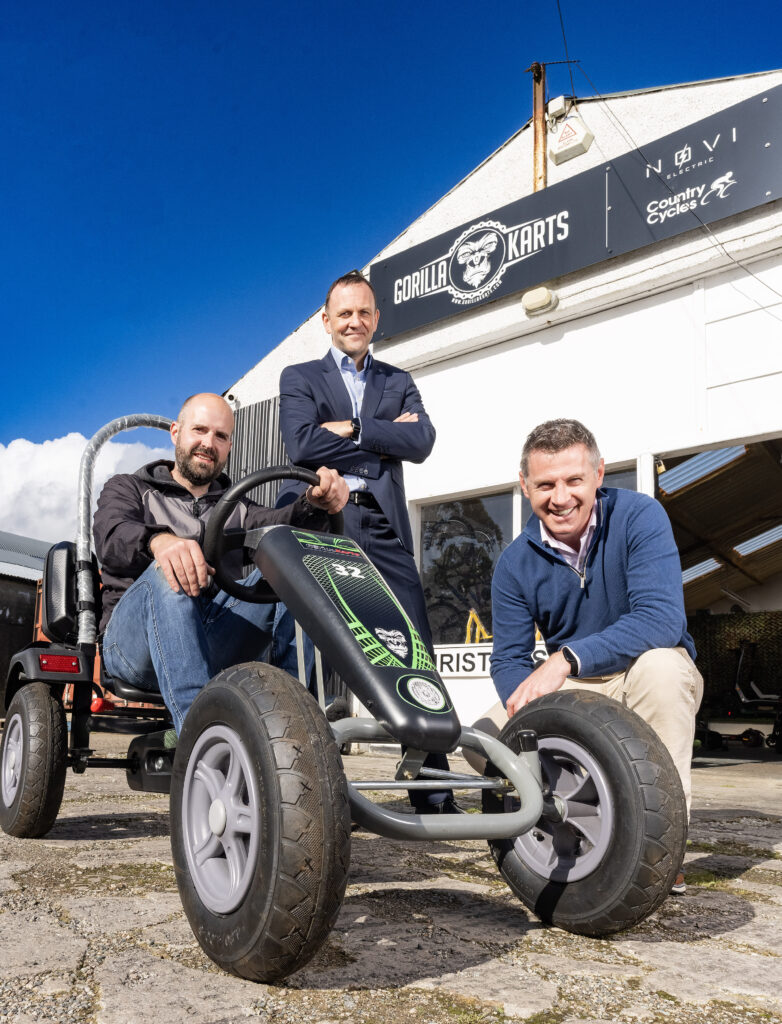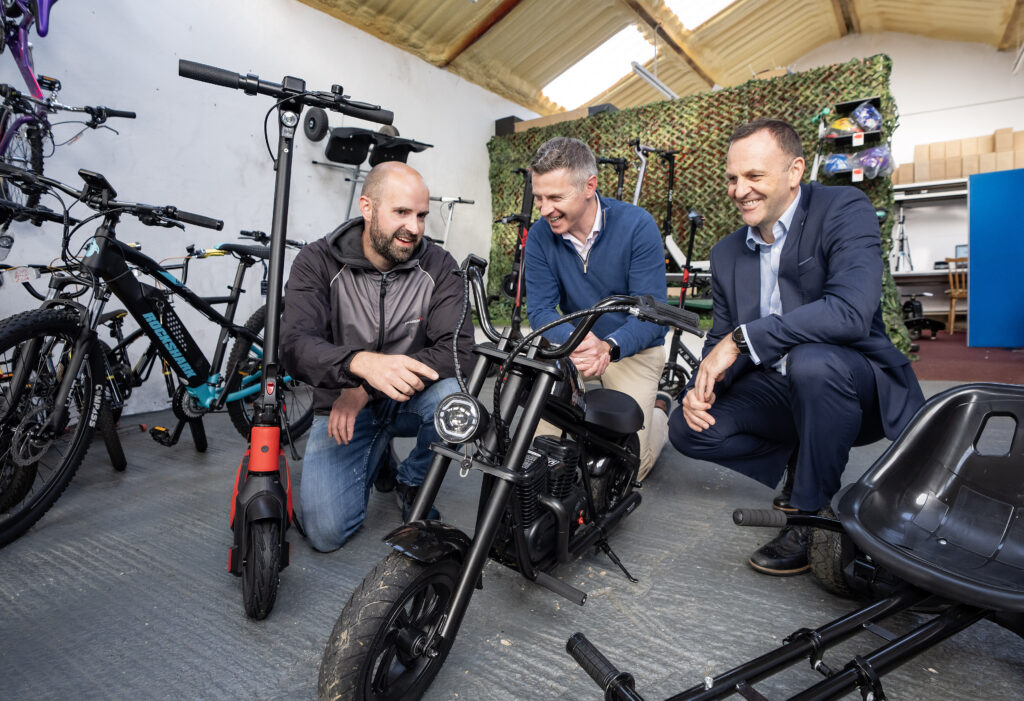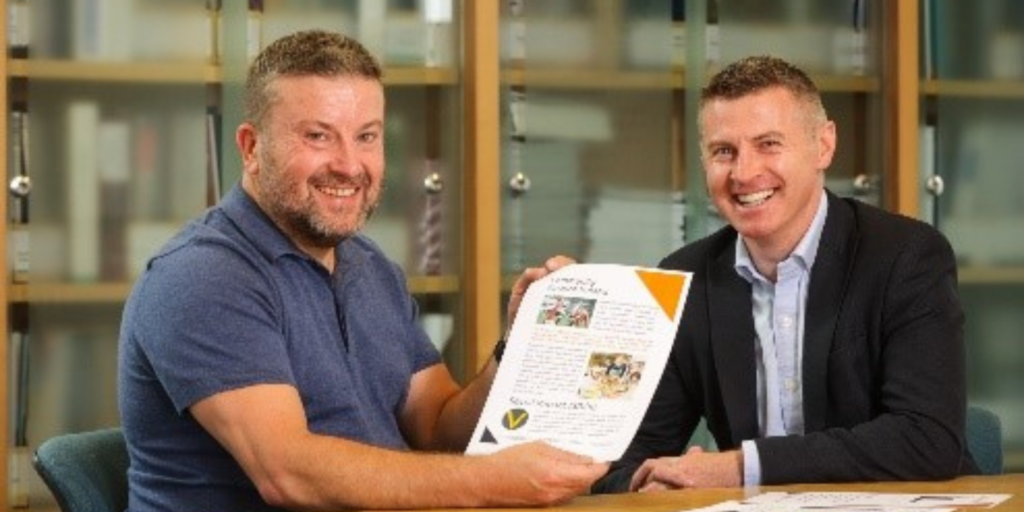– £18 million social finance provided to Northern Ireland voluntary sector since 2016 –
Kilcreggan Homes, an independent charity that provides housing, day and employment opportunities for adults with a Learning Disability, Autistic Spectrum Condition or an acquired brain injury, is expanding its residential accommodation offering with £85k support from social finance providers, Community Finance Ireland.
The charity has received a total funding package of £240k from Community Finance Ireland in 2023. The package includes refinancing of existing accommodation loans, £85k towards the purchase of a property to support the rehabilitation of a client with complex needs and a £5k charitable donation to Kilcreggan Homes, towards developing its Mid Ulster Sanctuary site near Magherafelt.
Since 2016, Community Finance Ireland has supported 166 social enterprises and organisations from across the community and voluntary sector in Northern Ireland, with a total of £18.1 million in social finance loans.
Phelim Sharvin, Head of Community Finance Ireland, Northern Ireland said:
“The team at Kilcreggan Homes is hugely ambitious and has worked hard to widen the organisation’s portfolio in the past year. Across multiple sites including an urban farm and supported living properties in Carrickfergus, the charity helps 160 clients every week and achieves a clear social impact through the delivery of a high quality essential care service. Community Finance Ireland has provided £18million in social finance to Northern Ireland’s voluntary sector since 2016 and we’re proud that almost a third of that has gone to organisations like Kilcreggan Homes, which delivers Community Services and Health and Wellbeing services.”
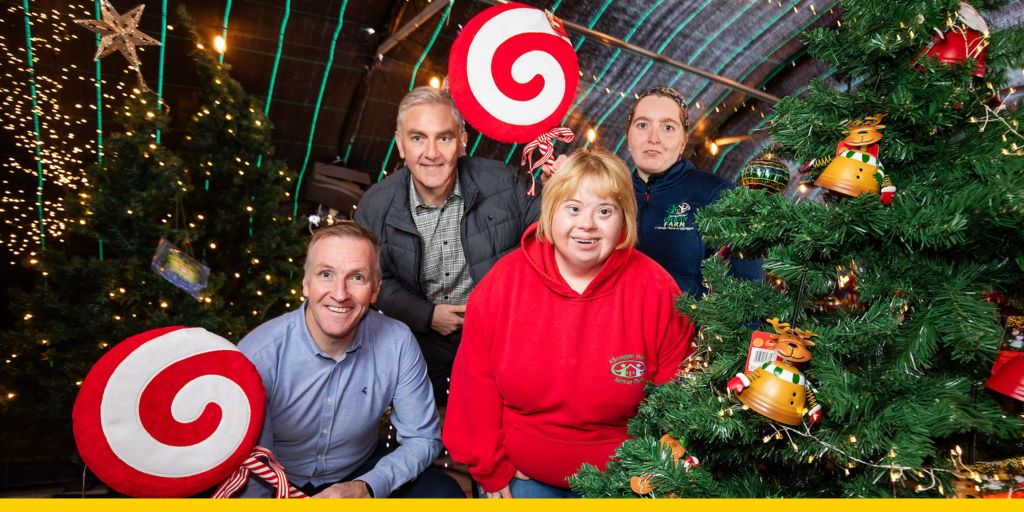
Damien Cassidy, Managing Director of Kilcreggan Homes said:
“The financial support from Community Finance Ireland allowed us to restructure existing debt and in turn to plan for the purchase of a property in Newtownabbey and develop our Mid Ulster site. As well as our urban farm, our café, garden centre and pop up Christmas shop welcome 15,000 visitors annually and provide service users with training, day opportunities and employment.. We have a resource centre where they can socialise and the purchase of the residential properties close by means we can now also offer further independent living opportunities to complex needs service users. We very much appreciate the advice from Phelim and his highly experienced team throughout the process, along with their enthusiasm for our vision.”
Read more stories from Community Finance Ireland’s clients here.
